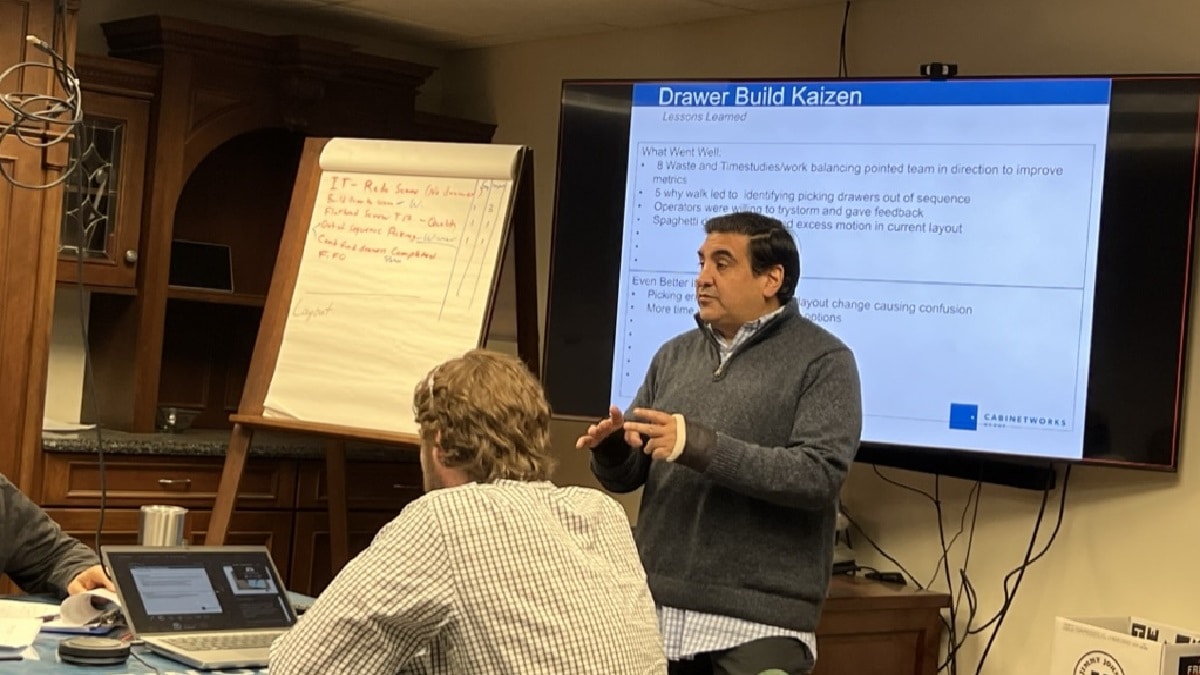Times have changed. Counting calories and putting in extra hours at the gym has become exhaustive, repetitive, and just doesn’t work long-term. If you can’t see yourself following a diet or exercise routine long-term, then most likely you won’t be able to keep the weight off long-term.
Despite what we have learned from the diet industry, losing weight is not as simple as calories in versus calories out, eating less, and moving more. Rather than focusing on calories alone, research shows that quality is also key in determining what we should eat and what we should avoid in order to achieve and maintain a healthy weight. Rather than choosing foods based only on caloric value, think instead about choosing high-quality nutrient-dense, whole plant foods.
Nutritionist Alisia Essig describes that one of the biggest weight loss myths is thinking that a calorie from one source is the same as a calorie from another source. If a calorie is just a calorie, then it wouldn’t matter what kinds of foods we eat. But it does matter. 240 calories from cheese are not the same as 240 calories from corn. It would take minutes to eat 240 calories from cheese (about two slices of cheddar cheese). But on the other hand, it would take significantly longer to chew 240 calories from corn. Not only that, but 240 calories from corn is about 2 cups, and you would be significantly fuller from the corn than the cheese. But here is the biggest difference–because of the fiber in corn, you wouldn’t even be able to absorb all the corn calories. You have probably noticed that when you eat corn, the next day you may see full, intact pieces of corn in your poop. That is because bits of vegetables can pass right through you, flushing out any calories they contain. Cheese however has no fiber, so every calorie of cheese is absorbed by your body.
Minimizing low-quality processed foods is key. Consumption of processed foods, refined grains, fats, meat, dairy, and sugars has been associated with weight gain over time. However, research has shown time and time again that foods associated with long-term weight loss are vegetables, whole grains, legumes, fruits, nuts, and seeds.
Eating meat sparingly, reducing your dairy intake, and eating more whole plant foods is imperative if you want to achieve and maintain a healthy long-term weight. But eating this way can be overwhelming and that is why Plant-based Nutritionist Alisia Essig started Plantwhys. So that she could give her clients the support, accountability, and education they need for success.
“Most diets are temporary changes in lifestyle, and 95% of people who lose weight end up gaining it back when they return to their normal way of eating.” Alisia continues, “how do you lose weight in a healthy, balanced way? It has to be a lifestyle change, not a temporary diet. It has to be sustainable, something you can see yourself doing the rest of your life. It has to promote short and long-term health.”
That is why Alisia promotes a 90/10 flexible lifestyle. Going all in can seem unsustainable for most people, it is important to allow for some flexibility. And through her meal plans, courses, and coaching programs she offers support and accountability to help clients make sustainable lasting change. The results are worthwhile, even if they are not instant. “We can’t diet our way to lasting health.” Alisia continues, “It is time to see past dietary trends and make small, consistent changes towards more plants and fewer animal products–and over time those small changes will compound into lasting health.”
Alisia Essig is a Holistic Plant-Based Nutritionist. You can follow Alisia on Instagram or check out her blog for free tips and tricks in trying to eat more whole plant foods so that you too can unlock the secrets to longevity. Check out her free guide, “18 Easy Ways to Add More Plants to Your Diet.”








